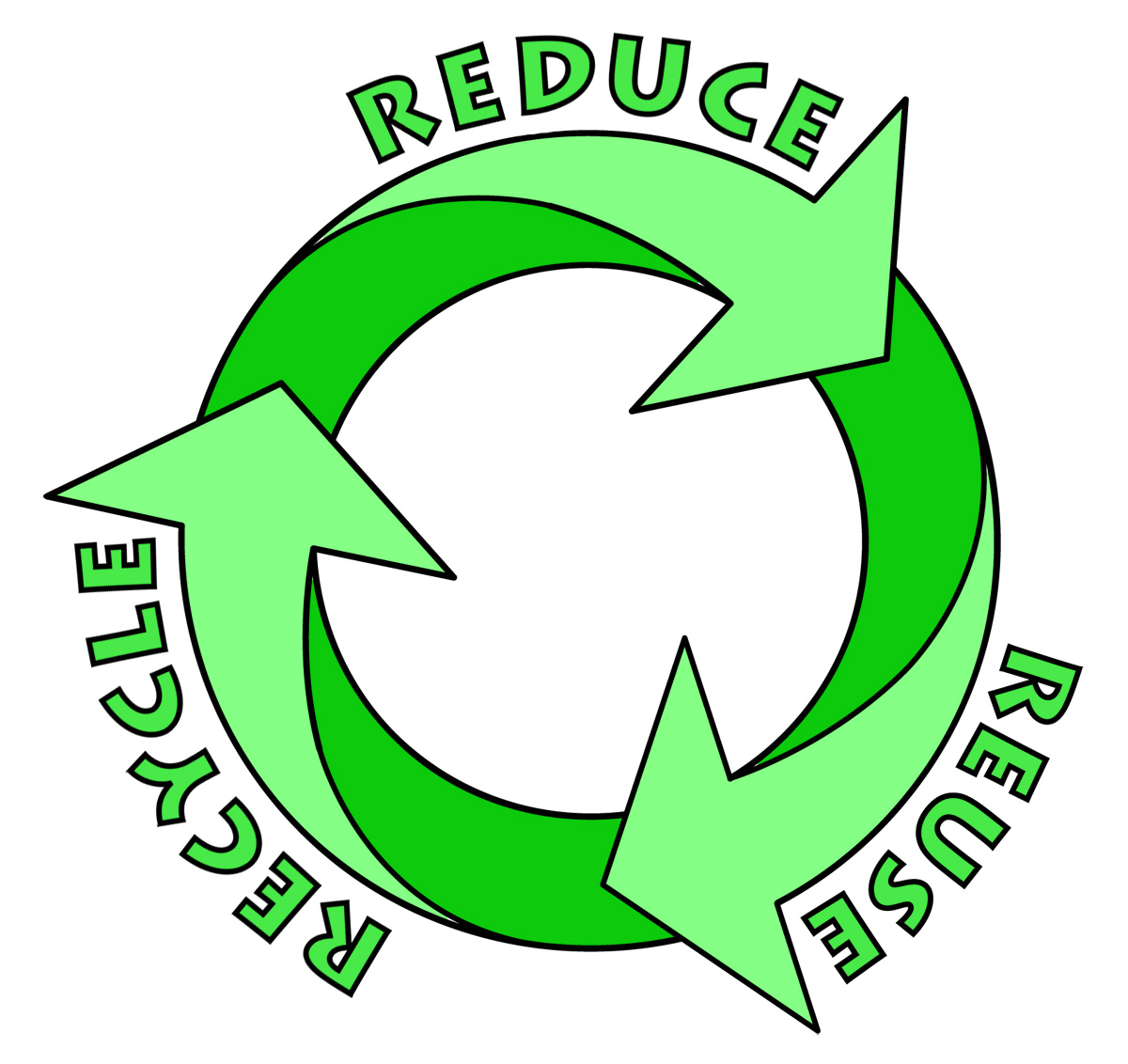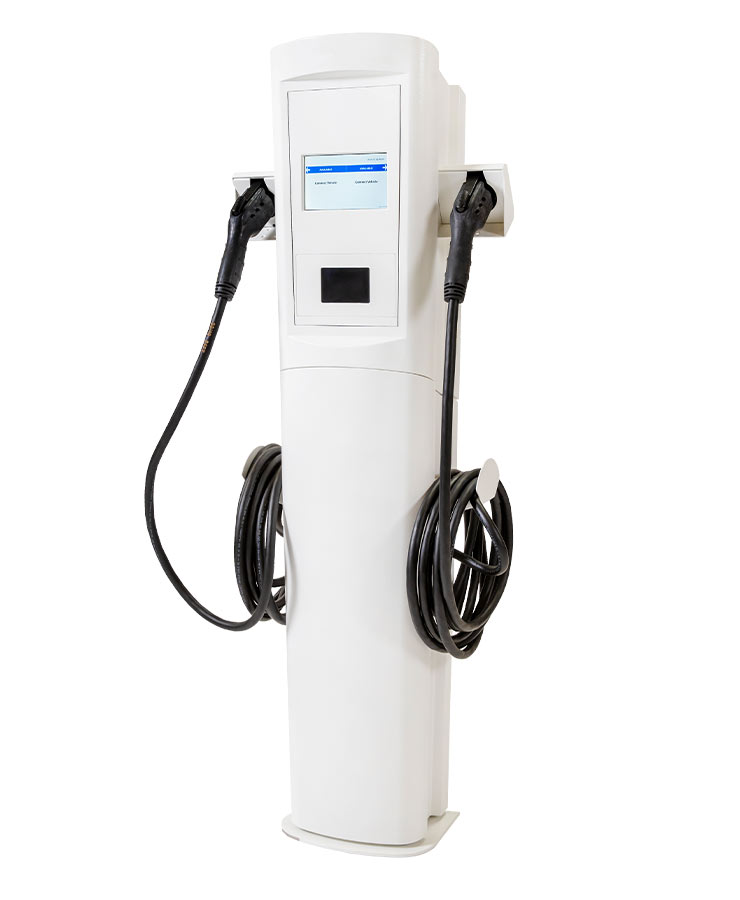Sustainability

Molloy University’s sustainability objective is to enable our community to become more resourceful and environmentally responsible within its operations and activities. We strive to educate not only students, but faculty, and staff about ways in which they can integrate sustainable living into their lives and activities. The university seeks to accomplish this by promoting sustainable practices both on and off campus, in academic and non-academic settings, providing resources and support for those who wish to incorporate sustainable routines in their work and life, and by encouraging sustainable programs and initiatives. One goal is to improve the milieu in our community by working with area businesses, community leaders and our neighbors to create a clean and safe place to live and work.
Initiatives
-
Energy Conservation
The Facilities Management Department has developed an energy management program designed to conserve and promote the cost-effective use of energy. Short- and long-term energy plans include:
- system design and modification
- analysis of building operational profiles
- maintenance recommendations and procedures
Everyone is encouraged to conserve energy by:
- turning off lights when areas are unoccupied or there is sufficient natural light
- power down all electronics when not in use
- regulating thermostats to 68 degrees in winter and 75 degrees in summer
- washing clothes in cold water
- closing stairwell doors and fire doors
-
Water Conservation
As a means of conserving water, Molloy University has started installing touchless faucets to further optimize water use and reduce waste. This type of equipment has become a standard for future new buildings and will be installed in existing buildings as older fixtures are needing replacement. In addition, automatic flush meters have been installed in most bathrooms, resulting in a lessening of water usage.
How can you help?
These are some things that you can do to help reduce our water consumption:
- Report any running or leaking faucets to the maintenance department.
- When doing laundry, try to run full loads.
- Decrease water usage by decreasing your shower time.
- Use refillable water bottles and the hydration stations across campus to reduce plastic waste.
-
Hydration Stations
Molloy University continues to provide Hydration Stations throughout campus which provides cold, filtered water for consumption. Use your own refillable bottles/containers instead of disposable. The Hydration Stations are found at:
Kellenberg Hall:-
Lower Level - Outside Ladies Room
-
First Floor - Anselma Room
-
Second Floor - Library Hallway
-
Third Floor - Next to elevator
Casey Center:-
First Floor - Outside of Restrooms
-
Second Floor - Outside of Restrooms
Public Square:
-
Lower Level - Outside of Restrooms
-
First Floor - Outside of Restrooms
-
Second Floor - Outside of Restrooms
-
Third Floor- Outside of Restrooms
Hagan Center:-
Lower Level - Outside Elevator
-
First Floor - Outside Elevator
-
Second Floor - Outside Elevator
-
Third Floor - Outside Elevator
Wilbur Arts/Quealy Hall:-
Lower Level - Outside Elevator
-
First Floor - Near Restroom
-
Gym - In Gym
-
Fitness Center - In Fitness Center
-
Second Floor - Outside Elevator
Bogner Hall:- First Floor - In Lobby
Fitzgerald Hall:-
First Floor - In Lobby
-
First Floor - Single Fountain
-
Second Floor - Outside Elevator
-
Third Floor - Outside Elevator
Maria Regina Hall:-
First Floor - In Lobby
30 Hempstead Avenue:-
Second Floor - Continuing Education Department
-
-
Air Quality
In 2020 and 2021, Molloy University installed Needlepoint Bipolar Ionization Systems (NPBI) campus-wide.
What is NPBI?
NPBI uses filtered air with positive and negative charged particles through a building's HVAC system into the ambient air, effectively killing viruses, mold, and contaminants. Bipolar ionization is highly effective in the global fight against COVID-19. NPBI technology is a safe way to create healthier environments.
-
Reduce, Reuse and Recycle (3Rs)
Molloy University supports conserving energy and natural resources by utilizing resources more efficiently. Decreased waste can be generated by practicing the 3 R's - reduce, reuse, and recycle.
 REDUCE
REDUCEThe best way to manage waste is to not produce it in the first place. In an office setting, this can mean printing double-sided or using plug-in appliances rather than battery operated, where appropriate. Use reusable and washable mugs, glasses, utensils, and bags for food rather than disposable products. Also, whenever possible, buy in bulk to avoid extra packaging.
REUSE
Reuse is an important part of the waste reduction hierarchy where an item can continue to serve its purpose, can serve a new purpose, or can be given to someone else to be repurposed. Reusing products, when possible, is better than recycling because the item does not need to be reproduced before it can be used again.
RECYCLE
Recycling is the process of using waste material or waste products to produce new products.
Molloy University employs diverse vendors for collection of the following for recycling:
- paper and cardboard
- cans and bottles
- cooking oil and grease
- fluorescent, metal halide, mercury vapor, and high pressure sodium light bulbs
- dry and wet cell batteries
- computer equipment
- printer toner and ink cartridges
-
Electric Vehicle (EV) Charging Stations
Currently Molloy University offers four electric vehicle (EV) charging stations on campus. There are two (2) behind the Siena Building and another two (2) at the rear side of the chapel.
The charging units are BTC Powerdual pedestal AC units, and are credit card compatible. Model example is below.
